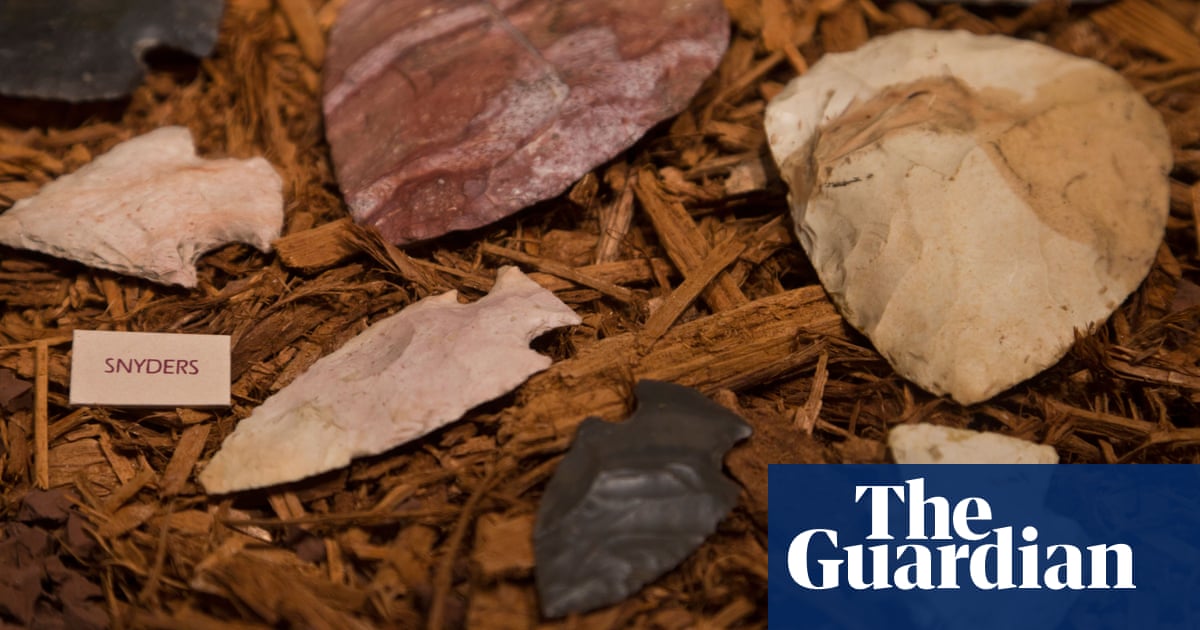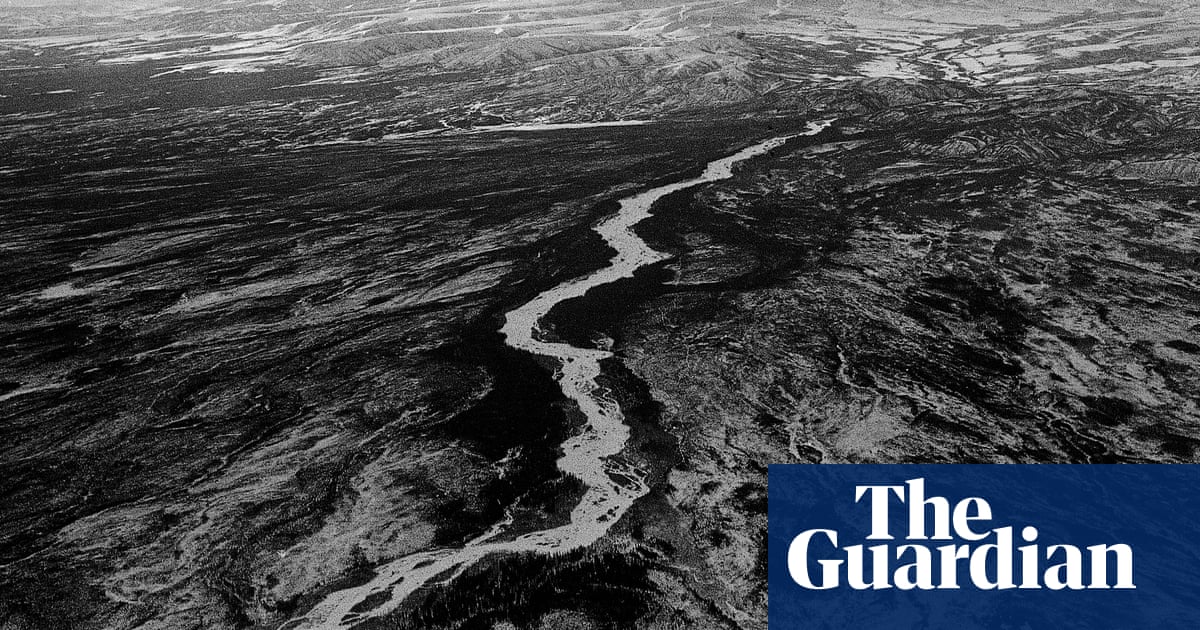
Wilderness across the planet is disappearing on a huge scale, according to a new study that found human activities had converted an area the size of Mexico from virtually intact natural landscapes to heavily modified ones in just 13 years.
The loss of 1.9m square kilometres (735,000 sq miles) of intact ecosystems would have “profound implications” for the planet’s biodiversity, the study’s authors said.
Using mostly satellite imagery, 17 scientists across six countries examined the human footprint across the globe and how it had changed between 2000 and 2013.
Almost 20% of the earth’s surface had deteriorated, the study found, while human pressure had eased on only six per cent of the planet.
Russia, Canada, Brazil, and Australia held the largest intact areas, together responsible for 60% of the world’s most untouched places.
Some 1.1m sq km (425,000 sq miles) of wilderness identified from imagery in 2000 had some human impact 13 years later.
Tropical savannahs and grasslands lost the most area to human pressure, the study, published in the journal One Earth, found.
Lead researcher Brooke Williams, of the University of Queensland, told the Guardian: “We were expecting there to be high levels of intact ecosystem and wilderness loss, but the results were shocking.
“We found substantial area of intact ecosystems had been lost in just 13 years – nearly two million square kilometres – which is terrifying to think about. Our findings show that human pressure is extending ever further into the last ecologically intact and wilderness areas.”
Rainforests in Indonesia and Papua New Guinea that were both rich with species had lost large areas to human activities. Conversion of habitats to cash crops, including palm oil, was a big contributor to the losses.
The study did not try to identify the cause of the losses, but Williams said the direct clearing of landscapes for farming was a known major driver.
Co-author Prof James Watson, also of the University of Queensland and the global conservation group the Wildlife Conservation Society, said: ‘The data does not lie. Humanity keeps on shrinking the amount of land that other species need to survive.”
“In a time of rapid climate change, we need to proactively secure the last intact ecosystems on the planet, as these are critical in the fight to stop extinction and halt climate change,” Watson said.
Looking across 221 nation states, only 26 had at least half of their land intact, the study found. In 2013, 41% of the world’s surface was either wilderness or was mostly intact.
Williams, who is also a conservationist at the Wildlife Conservation Society, said the losses undermined efforts to mitigate climate change because intact lands acted as storage spaces for carbon dioxide.
She said: “Proactively protecting Earth’s intact ecosystems is humanity’s best mechanism for protecting against climate change, ensuring large-scale ecological and evolutionary processes persist, and safeguarding biological diversity into the future.”
The paper’s authors write: “Halting the loss of intact ecosystems cannot be achieved alongside current trajectories of development, population growth, and resource consumption.”
Prof Bill Laurance, the director of James Cook University’s centre for tropical environmental and sustainability science in Queensland, who was not involved in the study, said its findings were scary.
“Humans are trashing much of the planet – no doubt about that,” he said. “The tropics are under particular pressure, and it’s not just forest destruction but also the loss of other habitat types, such as tropical savannahs and native grasslands, that are occurring apace.”
He said it was notable that tropical grasslands were heavily impacted because these were more easily converted to pasture or farmland. Declines in rainforests in south-east Asia were also “among the biologically richest ecosystems on Earth”.
One example, he said, was the rainforests of Sumatra that were home to critically endangered species of orangutan, as well as tigers, elephants and rhinos. That country’s forests were either gone or being devastated.
He said: “If we don’t halt such changes, we’re going to see the continued rapid disruption and loss of Earth’s ecosystems, including the biologically richest habitats on the planet. And along with that will be continued declines in the quality of life for people.”
The study comes after research earlier this week found that protected areas around the world, such as national parks and world heritage areas, were becoming isolated.
Only about 10% of the world’s protected areas were connected to similar habitats outside their borders.
The research, in the journal Nature Climate Change, warned that as the globe warmed, species would look to move. But if protected areas were isolated, those species would have nowhere to go.












